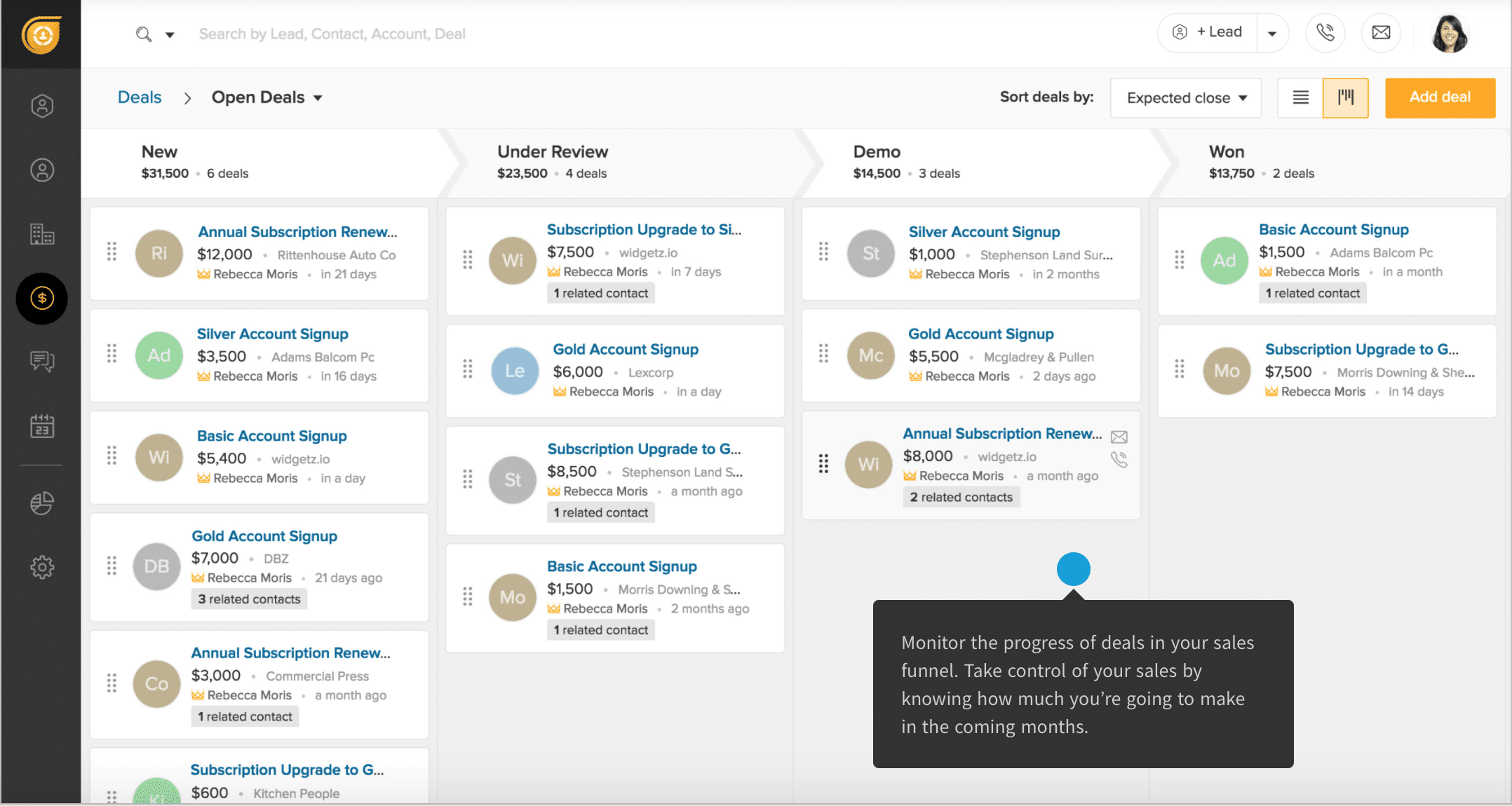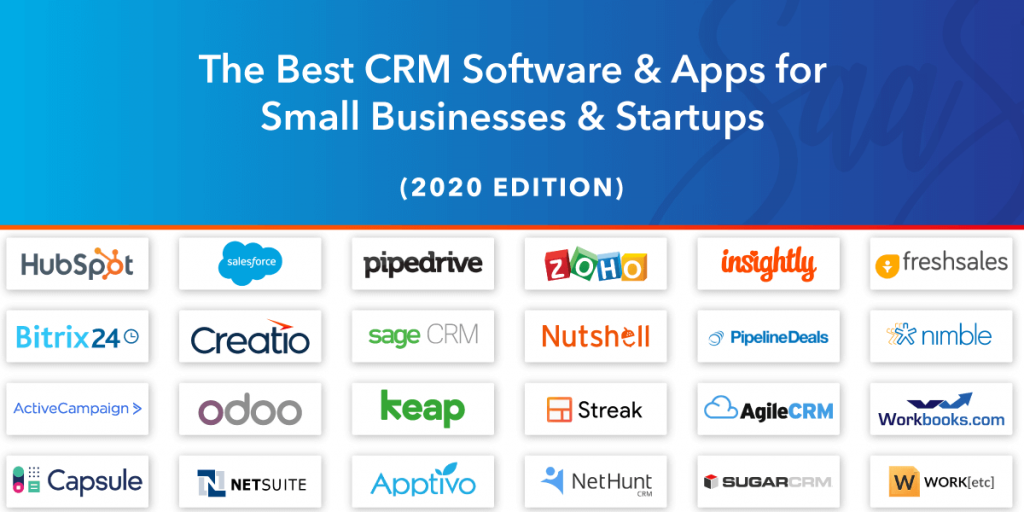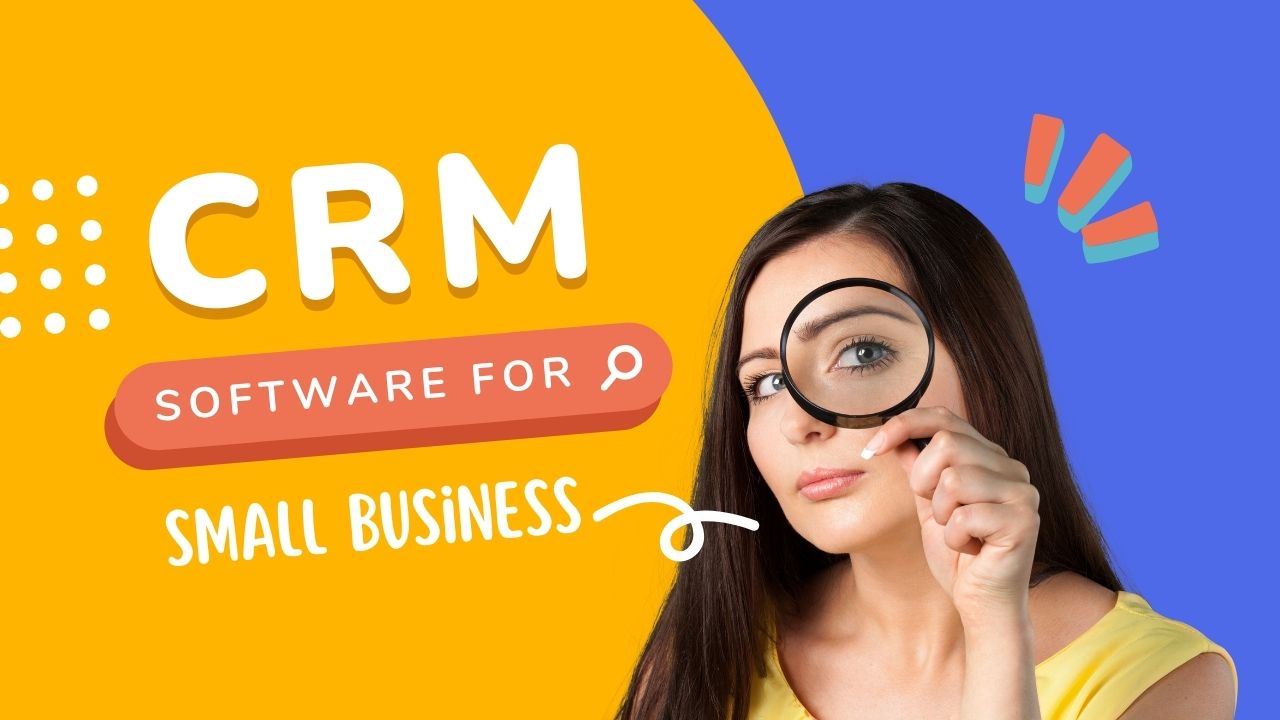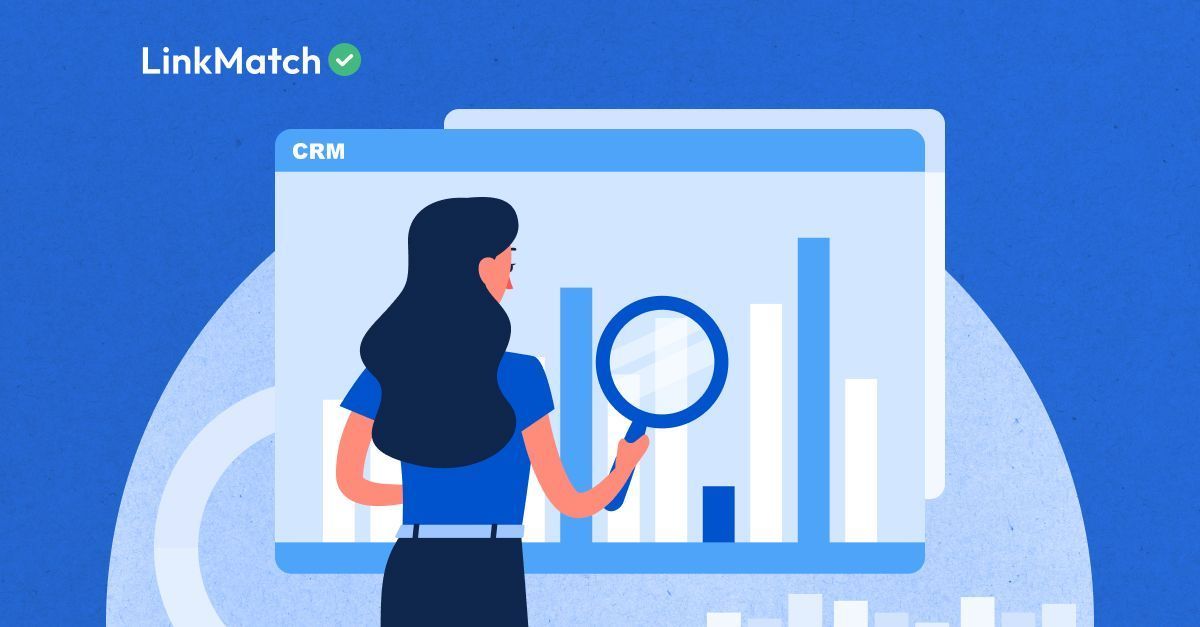The Ultimate Guide to the Best CRM Systems for Small Retailers: Boost Sales and Customer Loyalty
The Ultimate Guide to the Best CRM Systems for Small Retailers: Boost Sales and Customer Loyalty
Running a small retail business is a whirlwind. You’re juggling inventory, managing staff, keeping track of finances, and, most importantly, trying to attract and retain customers. In this competitive landscape, it’s easy to feel overwhelmed. That’s where a Customer Relationship Management (CRM) system comes in. Think of it as your central hub for all things customer-related, streamlining your operations and helping you build stronger, more profitable relationships. This guide dives deep into the world of CRM for small retailers, providing you with the knowledge you need to choose the perfect system and leverage its power to achieve your business goals.
Why Small Retailers Need a CRM
You might be thinking, “I’m a small business; do I really need a CRM?” The answer is a resounding yes. Here’s why:
- Improved Customer Relationships: A CRM allows you to store and access detailed customer information, including purchase history, preferences, and communication logs. This empowers you to personalize interactions, offer tailored recommendations, and provide exceptional customer service.
- Increased Sales and Revenue: By understanding your customers better, you can identify opportunities for upselling and cross-selling. CRM systems also automate marketing tasks, such as sending targeted email campaigns and follow-up messages, driving sales growth.
- Enhanced Efficiency and Productivity: A CRM centralizes customer data, eliminating the need to sift through spreadsheets, emails, and sticky notes. This saves time and reduces the risk of errors, allowing you and your team to focus on more strategic tasks.
- Better Data-Driven Decisions: CRM systems provide valuable insights into customer behavior, sales trends, and marketing campaign performance. This data allows you to make informed decisions about your business, such as which products to stock, how to price them, and where to focus your marketing efforts.
- Streamlined Communication: A CRM can integrate with your email, phone, and social media channels, ensuring all customer interactions are tracked and managed in one place. This helps you avoid missed opportunities and ensures consistent messaging.
Key Features to Look for in a CRM for Small Retailers
Not all CRM systems are created equal. When choosing a CRM for your small retail business, consider the following key features:
- Contact Management: This is the core of any CRM. It allows you to store and organize customer contact information, including names, addresses, phone numbers, email addresses, and social media profiles.
- Sales Automation: Automate repetitive sales tasks, such as sending follow-up emails, scheduling appointments, and creating sales reports.
- Marketing Automation: Create and manage email marketing campaigns, segment your audience, and track campaign performance.
- Reporting and Analytics: Generate reports on sales, customer behavior, and marketing campaign performance. This data will help you make informed decisions about your business.
- Integration with Other Tools: Choose a CRM that integrates with the other tools you use, such as your point-of-sale (POS) system, e-commerce platform, and accounting software.
- Mobile Access: Ensure your CRM has a mobile app or is accessible on mobile devices, so you can access customer information and manage your business on the go.
- Ease of Use: The CRM should be easy to learn and use. Look for a system with a user-friendly interface and intuitive features.
- Scalability: Choose a CRM that can grow with your business. As your business expands, your CRM should be able to accommodate your increasing needs.
Top CRM Systems for Small Retailers
Now, let’s explore some of the best CRM systems specifically designed for small retailers. We’ll cover their key features, pricing, and pros and cons to help you make an informed decision.
1. HubSpot CRM
Overview: HubSpot CRM is a popular choice for small businesses due to its user-friendly interface, robust features, and free plan. It’s a comprehensive CRM that offers a wide range of tools to manage your sales, marketing, and customer service activities.
Key Features:
- Contact Management: Store and organize customer contact information, including detailed profiles.
- Sales Automation: Automate sales tasks, such as sending follow-up emails and scheduling appointments.
- Marketing Automation: Create and manage email marketing campaigns and track their performance.
- Reporting and Analytics: Generate reports on sales, customer behavior, and marketing campaign performance.
- Free Plan: HubSpot offers a generous free plan that includes many of its core features.
Pros:
- Free plan available
- User-friendly interface
- Comprehensive features
- Strong integration with other HubSpot tools
Cons:
- Limited features in the free plan
- Can be expensive for larger businesses
Pricing: HubSpot offers a free plan and paid plans that start at $45 per month.
2. Zoho CRM
Overview: Zoho CRM is a versatile CRM system that offers a wide range of features and integrations at a competitive price. It’s a great option for small retailers who want a feature-rich CRM without breaking the bank.
Key Features:
- Contact Management: Store and organize customer contact information, including detailed profiles.
- Sales Automation: Automate sales tasks, such as sending follow-up emails and scheduling appointments.
- Marketing Automation: Create and manage email marketing campaigns and track their performance.
- Reporting and Analytics: Generate reports on sales, customer behavior, and marketing campaign performance.
- Integration with Zoho Suite: Seamless integration with other Zoho apps, such as Zoho Books and Zoho Campaigns.
Pros:
- Competitive pricing
- Feature-rich
- Strong integration with other Zoho apps
Cons:
- Interface can be overwhelming for some users
- Customer support could be improved
Pricing: Zoho CRM offers a free plan for up to 3 users and paid plans that start at $14 per user per month.
3. Pipedrive
Overview: Pipedrive is a sales-focused CRM that is designed to help small businesses manage their sales pipeline and close deals more effectively. It has a simple and intuitive interface that makes it easy to use.
Key Features:
- Visual Sales Pipeline: Visualize your sales pipeline and track deals through each stage.
- Deal Management: Manage deals, track their progress, and set reminders.
- Sales Automation: Automate sales tasks, such as sending follow-up emails and scheduling appointments.
- Reporting and Analytics: Generate reports on sales performance.
- User-Friendly Interface: Simple and intuitive interface that is easy to use.
Pros:
- User-friendly interface
- Sales-focused features
- Visual sales pipeline
Cons:
- Limited marketing automation features
- Can be expensive for larger businesses
Pricing: Pipedrive offers paid plans that start at $12.50 per user per month.
4. Freshsales
Overview: Freshsales is a CRM system that is designed to help small businesses manage their sales and customer service activities. It has a user-friendly interface and offers a wide range of features, including email marketing and live chat.
Key Features:
- Contact Management: Store and organize customer contact information.
- Sales Automation: Automate sales tasks.
- Email Marketing: Create and manage email marketing campaigns.
- Live Chat: Provide customer support through live chat.
- User-Friendly Interface: Easy to navigate.
Pros:
- User-friendly interface
- Email marketing features
- Live chat support
Cons:
- Limited features in the free plan
- Can be expensive for larger businesses
Pricing: Freshsales offers a free plan and paid plans that start at $15 per user per month.
5. Agile CRM
Overview: Agile CRM is a comprehensive CRM system that offers a wide range of features, including sales, marketing, and customer service tools. It’s a great option for small businesses that want an all-in-one CRM solution.
Key Features:
- Contact Management: Store and organize customer contact information.
- Sales Automation: Automate sales tasks.
- Marketing Automation: Create and manage email marketing campaigns.
- Helpdesk: Provide customer support through a helpdesk.
- All-in-one solution: Combines sales, marketing and customer service tools.
Pros:
- All-in-one solution
- Competitive pricing
Cons:
- Interface can be overwhelming for some users
- Customer support could be improved
Pricing: Agile CRM offers a free plan for up to 10 users and paid plans that start at $8.99 per user per month.
Choosing the Right CRM for Your Retail Business
Selecting the right CRM is a crucial decision. Here’s a step-by-step guide to help you make the best choice:
- Assess Your Needs: Before you start comparing CRM systems, take the time to assess your business needs. What are your goals? What challenges are you trying to solve? What features are essential?
- Define Your Budget: Determine how much you’re willing to spend on a CRM system. Consider both the initial setup costs and the ongoing monthly or annual fees.
- Research CRM Options: Research the different CRM systems available, taking into account their features, pricing, and user reviews. The list provided above is a great starting point.
- Request Demos and Trials: Most CRM providers offer free demos or trials. Take advantage of these opportunities to test the systems and see how they work.
- Consider Integrations: Make sure the CRM integrates with the other tools you use, such as your POS system, e-commerce platform, and accounting software.
- Evaluate User Experience: Choose a CRM with a user-friendly interface that is easy for you and your team to learn and use.
- Read Reviews and Case Studies: Read online reviews and case studies to learn about other businesses’ experiences with different CRM systems.
- Choose the Right Plan: Once you’ve selected a CRM system, choose the plan that best fits your needs and budget.
- Implement and Train: Once you’ve chosen a CRM, implement it and train your team on how to use it.
- Monitor and Optimize: Monitor your CRM’s performance and make adjustments as needed.
Tips for Successful CRM Implementation
Implementing a CRM system is a significant undertaking. Here are some tips to ensure a smooth and successful implementation:
- Plan Ahead: Before you implement your CRM, create a detailed plan that outlines your goals, timelines, and responsibilities.
- Clean Your Data: Before you import your data into the CRM, clean it up to ensure accuracy and consistency.
- Train Your Team: Provide thorough training to your team on how to use the CRM system.
- Start Small: Don’t try to implement all the features of your CRM at once. Start with the core features and gradually add more as you become more comfortable.
- Customize Your CRM: Customize your CRM to meet your specific business needs.
- Integrate Your CRM with Other Tools: Integrate your CRM with your other tools, such as your POS system and e-commerce platform.
- Monitor Your Progress: Monitor your CRM’s performance and make adjustments as needed.
- Seek Support: Don’t hesitate to seek support from your CRM provider or a CRM consultant if you need help.
Maximizing the Benefits of Your CRM
Once your CRM is up and running, there are several strategies you can use to maximize its benefits:
- Segment Your Audience: Segment your customer base based on demographics, purchase history, and other criteria. This will allow you to send more targeted marketing messages and provide more personalized customer service.
- Personalize Your Interactions: Use your CRM to personalize your interactions with customers. Address them by name, reference their past purchases, and offer tailored recommendations.
- Automate Your Tasks: Automate repetitive tasks, such as sending follow-up emails and scheduling appointments. This will free up your time and allow you to focus on more strategic tasks.
- Track Your Metrics: Track your key metrics, such as sales, customer acquisition cost, and customer lifetime value. This will help you measure your CRM’s effectiveness and make data-driven decisions.
- Regularly Update Your Data: Keep your customer data up-to-date to ensure accuracy and consistency.
- Use the CRM for Communication: Use your CRM to communicate with your customers through email, phone, and social media. This will help you build stronger relationships and increase customer loyalty.
- Continuously Improve: Regularly review your CRM’s performance and make adjustments as needed.
The Future of CRM for Small Retailers
The CRM landscape is constantly evolving. Here are some trends to watch:
- Artificial Intelligence (AI): AI is being used to automate tasks, personalize customer interactions, and provide insights into customer behavior.
- Mobile CRM: Mobile CRM apps are becoming increasingly important, allowing retailers to access customer information and manage their businesses on the go.
- Integration with E-commerce: CRM systems are increasingly integrating with e-commerce platforms, allowing retailers to manage their online and offline customer data in one place.
- Focus on Customer Experience: CRM systems are increasingly focused on customer experience, helping retailers provide exceptional customer service and build stronger relationships.
By embracing these trends, small retailers can stay ahead of the curve and leverage the power of CRM to achieve their business goals.
Conclusion
Implementing a CRM system is an investment in the future of your small retail business. By choosing the right CRM, implementing it effectively, and leveraging its features, you can build stronger customer relationships, increase sales, and improve your overall business performance. Take the time to research your options, choose the CRM that best fits your needs, and start reaping the rewards of a more customer-centric business.





